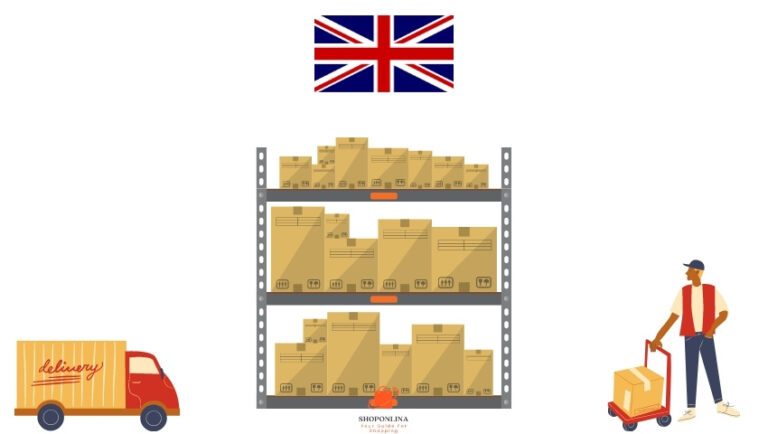The Impact Of Brexit On the UK’s Economy
That the United Kingdom may now engage in more commerce with nations outside the European Union is seen by some as a beneficial influence of Brexit. Since the value of the pound has gone down, it is now more affordable to purchase products and services from global markets, which might make such markets more profitable.
Due to the decline in the value of the pound, there has been an improvement not only in the current account balance but also in the position of the net foreign debt. Trade with nations such as China, Canada, and India has strengthened as a result of Brexit, contributing to higher economic growth.
The Brexit’s Adverse Effects on the UK Economy
Prior to the definitive withdrawal of the UK from the EU, the country encountered a drop of around 1.5% of the economy. Because of the anticipated greater trade barriers, company investment and relocations to the EU have decreased.
Britain’s economy struggled in recent years (2018-20) as a result of the dual impacts of Brexit and the sad events of late 2019. The Boris Johnson government has signed a Trade and Corporation Agreement (TCA) with the European Union and completed the necessary Brexit paperwork after taking office. Since the EU is geographically close to the UK, it will continue to be an important commercial partner for the foreseeable future.
As a result of the United Kingdom’s decision to leave the European Union (EU), a significant percentage of the country’s workforce originally hailing from EU member states left the country either because they were unable to or because they chose not to remain.
Since certain formerly freely traded items now require stringent inspections and permissions, Brexit also had a negative impact on the UK’s service trade deficit and its merchandise trade balance. Additionally, FDI from abroad suffered. Since the UK is no more a gateway to the EU single market, investors have been forced to find alternative entry points.
Trade Consequences
The United Kingdom gains economic advantages from EU trade agreements with other countries since it is a member of the EU. The European Union (EU) has greater negotiating strength than any individual member state since it represents the world’s largest economy. As a result, leaving the EU would reduce the UK’s influence in trade negotiations and threaten its ability to maintain tariff-free trade with the rest of Europe.
There is a risk that the United Kingdom may have less success negotiating new trade agreements with other nations. Financial markets in the UK have been volatile as a result of the confusion surrounding Brexit. If there is a hard Brexit, tariffs will be imposed on all incoming and outgoing goods and services, driving up prices for both.







